In your English class, you probably feel like your teacher is making stuff up. Moments where you think, 'The author can’t possibly have meant that'. To your English teacher, the smallest details have major implications in interpreting the text.
In fact, you probably agree with jokes like this:
The Book: 'The curtains were blue.'
What your teacher says: 'The curtains represent the character’s depression.'
What the author meant: 'The curtains were blue.'
Or even this one...
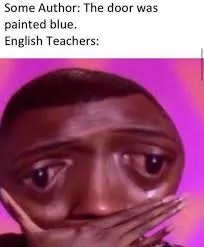
The disconnect you feel between yourself and the teacher is not just because your teacher is stretching for something to analyse. Whilst the author may have meant something different to what your teacher thinks, this doesn’t mean your teacher is strictly wrong. Context and the author’s intention are two complicated considerations in English, and a whole range of study is dedicated to them. At the VCE level you must consider the context your text was written in, and the author who wrote it, but this shouldn’t hinder your own unique interpretation of the text.
Your interpretation is more important than the author's intention
In 1968, Roland Barthes proposed a theory that has stuck with critics and academics of literature. 'The Death of the Author' claimed that the biography, views or intentions of the author are not a part of the literary object.
The text you are studying in English does not belong to its author, but to the reader, and what the reader decides to make of that text is valid, as long as it is backed up with evidence (as your teacher will say). Barthes’ original essay is complicated, but at a basic level, 'The Death of the Author' says that the curtains are not only representative of the character’s depression but could also represent the character’s love of blue orchids.
When we read, we automatically apply our own experiences, biases and understanding of the world to the text. As such, each person is likely to interpret a text in different ways. This is a major part of studying English, as the critic (you) is more important than the author’s original intention. The fact that a single text can give rise to multiple interpretations is the reason we study English; to debate these interpretations. When you are given an essay topic, you are being asked for your opinion on one of these debates, not the author’s opinion on their own work. If you were reading The Fault in Our Stars and claimed it romanticised cancer, you would be participating in the literary debate, despite going against John Green’s original intentions.
In the modern age of mass media, the author is attempting to revive themselves. These are authors who attempt to dictate interpretations of their works after they have been published. The most famous of these is likely J.K. Rowling, author of the Harry Potter series. Rowling’s twitter page adds many pieces to the Harry Potter canon and Rowling offers her own interpretations of the text. To Rowling, her intentions are the only correct ways to interpret her texts, and as such she shares them frequently.
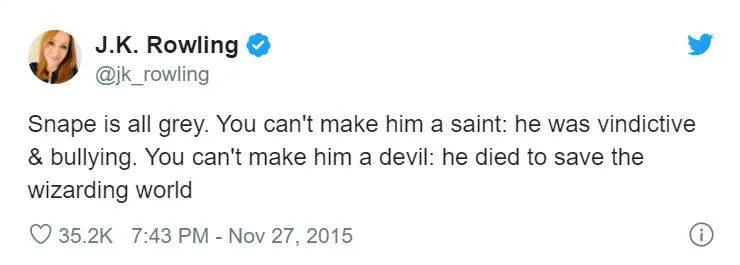

This is not true, however, for any author. Authors are not the be-all-and-end-all when it comes to the interpretation of their texts. Despite having intentions and opinions on their texts, there is also evidence which counters their interpretations.
When it comes to the debate surrounding the texts you study, you need to remember that the interpretation of the author is only one part of the debate. It is an opinion equal to everyone else involved in the debate. Imagine the author is on trial. They may have an opinion of the crime (or text), but so does the prosecution. You are the jury and must come up with your own interpretation of the crime. Whether it matches up with the author’s intentions or not does not matter, as long as there is supporting evidence within the text.
Context in VCE English
But what about the circumstances in which something was written? Every time you start a new text you are probably asked to research the time in which it was written, or what major political events may be relevant. Unlike the author, these factors are very important in interpreting a text.
For starters, a text may explicitly reference a certain event, and so understanding that event is key to understanding the text. An episode of the Simpsons may make fun of Donald Trump, and the writers assume we have the contextual knowledge to know who Donald Trump is, why he is important and why the joke is funny. It is easy for us to understand this context because we live in the context.

If you’re studying texts from 200 years ago it becomes harder to interpret because we’re unfamiliar with the context. While you don’t have to know the context of your text perfectly, understanding the cultural beliefs and major events will help you consider the text objectively.
Researching the context of a text acknowledges that literature is a product of the culture and politics of its time. Its themes may still be relevant in the modern age, but it is difficult to fairly judge, critic and interpret a text if we do not consider the context in which it was written. A piece of literature will either follow or criticise the views and opinions of the time, and it is the responsibility of the reader to understand these views and determine where the text sits.
Okay, so the text is a reflection of the time from which it stems, and is separate from the author that wrote it? Not quite. Counter to 'The Death of the Author', the author is also a part of context, and this means certain parts of the author should be considered in interpreting a text.
If there is ambiguity in the meaning of a text, the author’s personal beliefs (i.e. views and values) may clear it up. If a character of a certain race is stereotyped and mocked, the meaning of this may change depending on the race of the author. If an author stereotypes their own race, they might be criticising the way other people see them, whereas making fun of a different culture is most likely upholding racist or discriminatory belief systems.
Whether you're studying English, Literature or EAL, I recommend you read The Importance of Context for a further breakdown of the contexts you need to consider.
Deriving Meaning From Texts in VCE English
So, what ARE the curtains?! What do they mean? Well, they're a metaphor, representing more than their literal role as curtains. But also, they’re just blue.
The truth is, whilst context and the author are relevant, we should try to gain as much from the text as possible before relying on the context to guide our interpretations. While studying your texts, it is reasonable to apply modern standards to your interpretations.
Shakespeare’s plays are a tad sexist, and we’re able to criticise that, despite Shakespeare writing in a different context (for more on studying Shakespeare in VCE, read How to Approach Studying Shakespeare). But it would also be difficult to appreciate the meaning of texts without the context, especially when the text is a response to a major event. At the same time, we’re allowed to expand on what the author has written. We are not confined to what the author meant to say when we interpret texts. As an English student you have the opportunity to consider what each word may represent for the characters and how it influences your unique interpretation.
So, the curtains mean whatever you want them to mean. You can make reasonable assumptions about a text based on the context it comes from and from the author’s life, but you shouldn’t assume that something means nothing. Trivial things like the colour of curtains may not have been important to the author, but may allow us as English students to analyse and look deeper into the text, its themes and the psyche of the characters.
In your SACs and exams looking at these small details and deviating from the author’s intentions is an easy way to stand out. So, when your teacher says the curtains are a metaphor, consider what else could be a metaphor, and don’t assume the author has all the answers, or that there is only one interpretation.
If you'd like to learn more about views and values, authorial intent or context, just click through to more of our blogs. We also explore Different Interpretations by Different Readers in our How To Write A Killer Text Response study guide.
Looking to get to that A+ level? Read How to Turn Text Response Essays from Average to A+ for more advice!





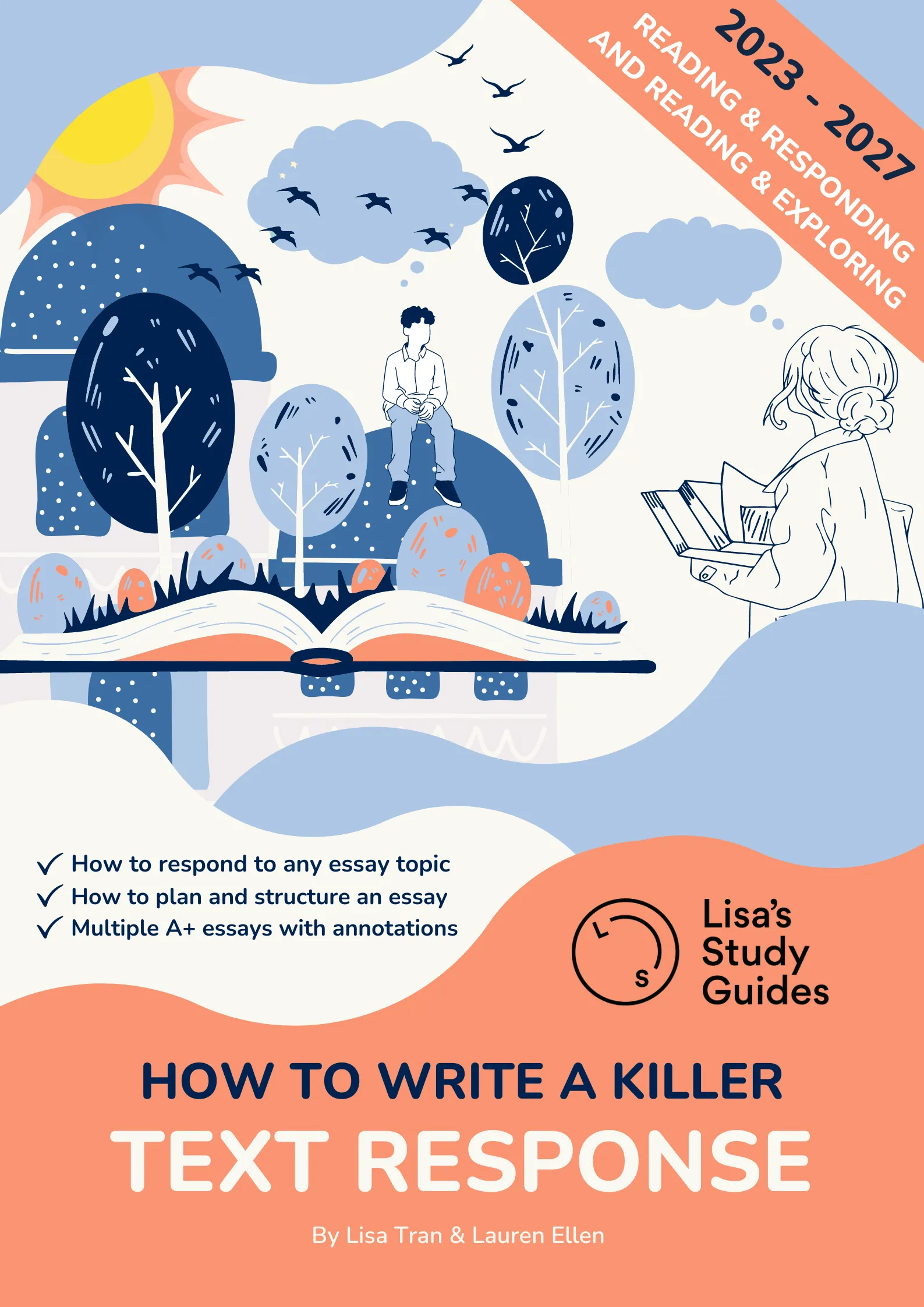


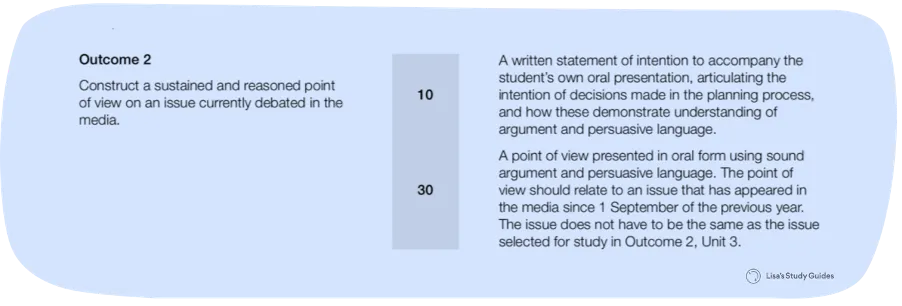
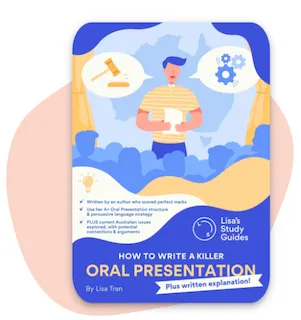

.jpg)